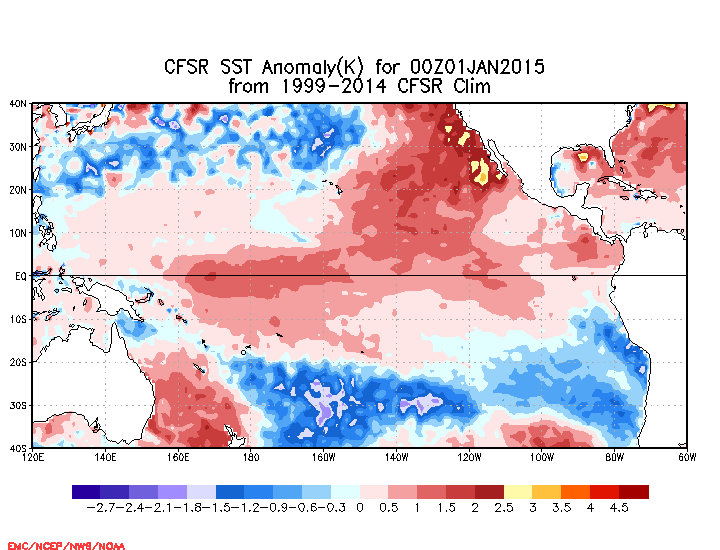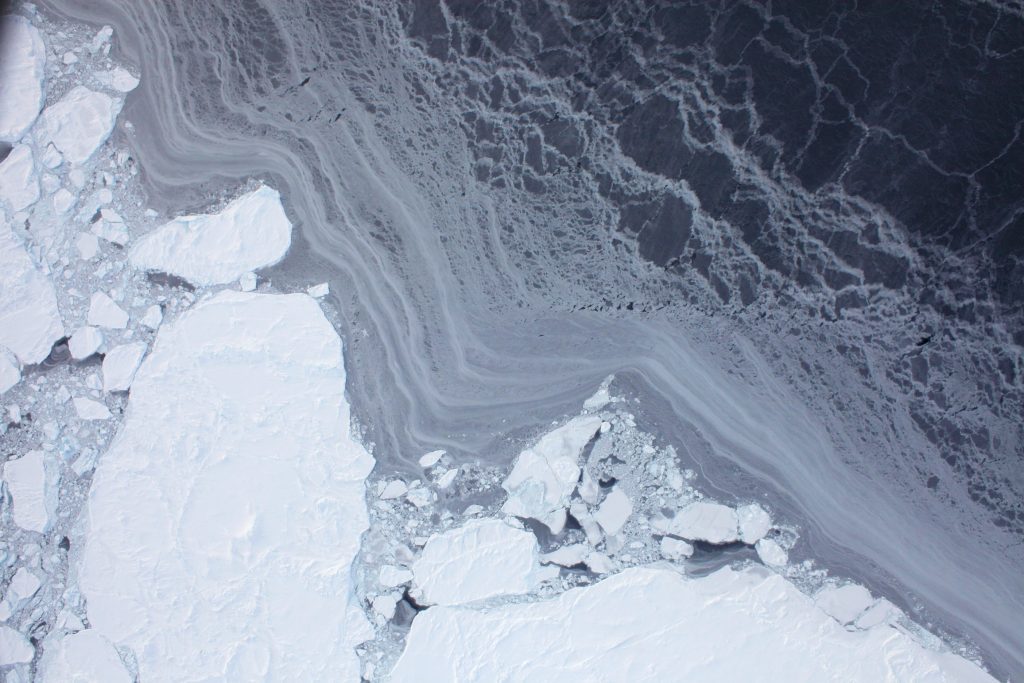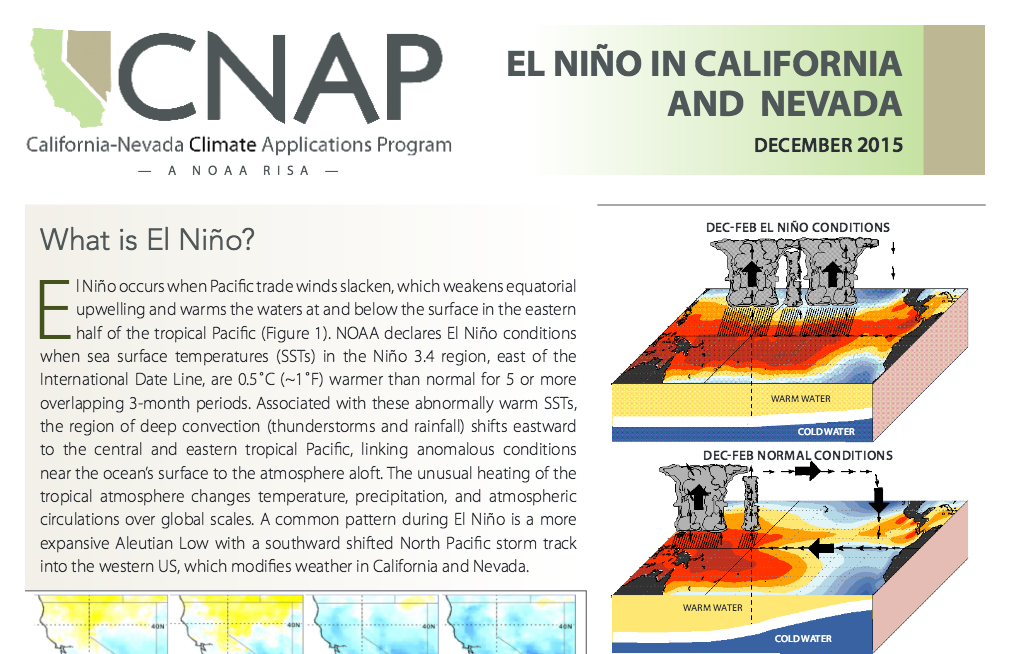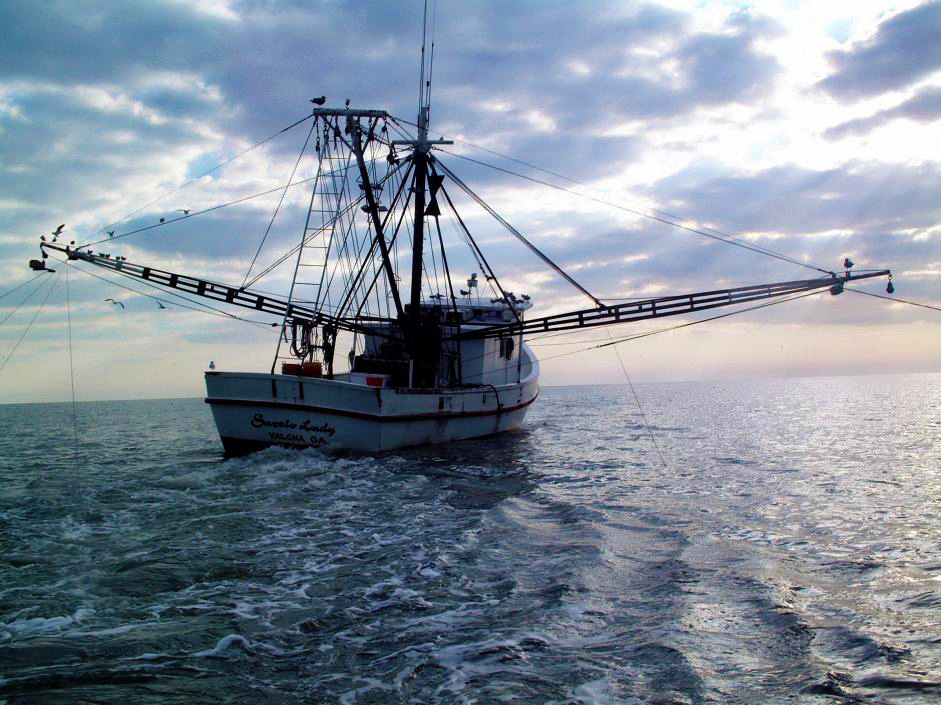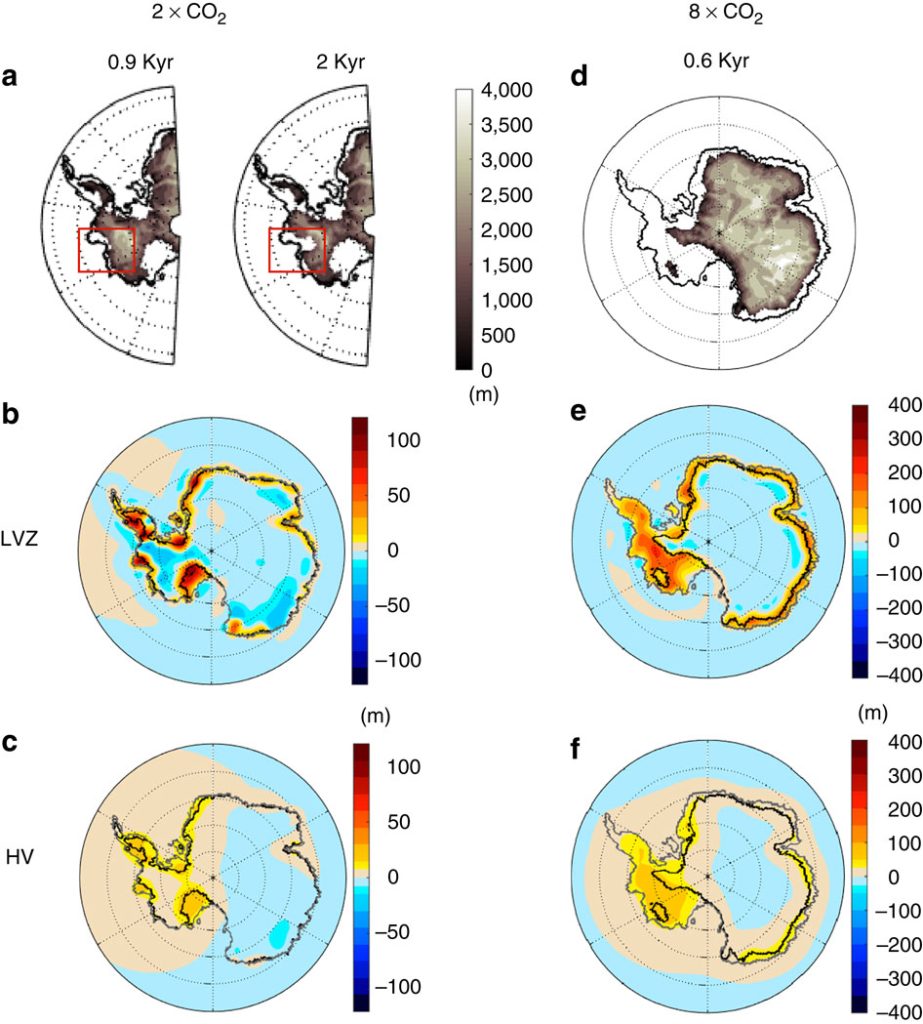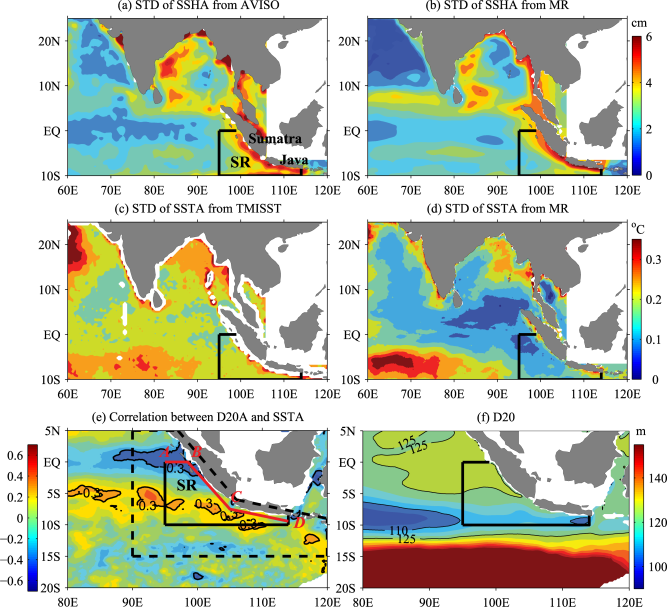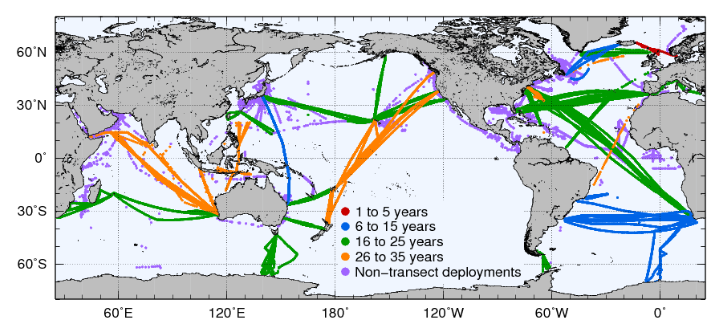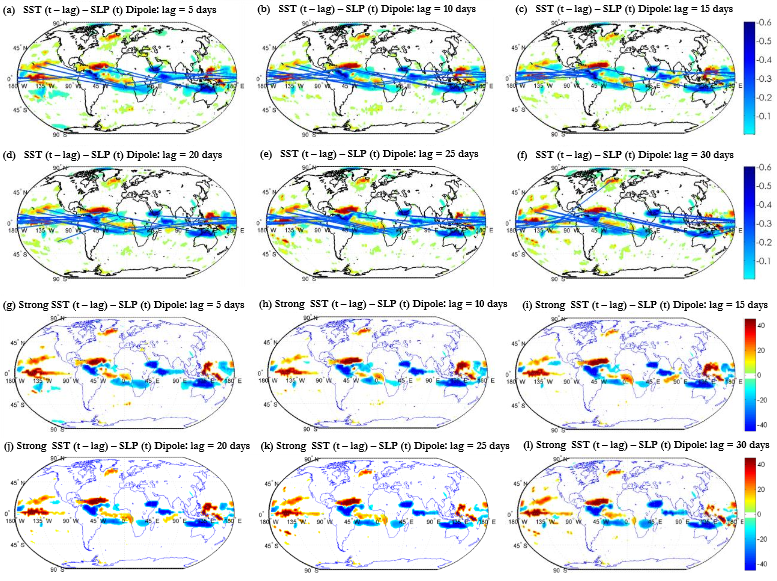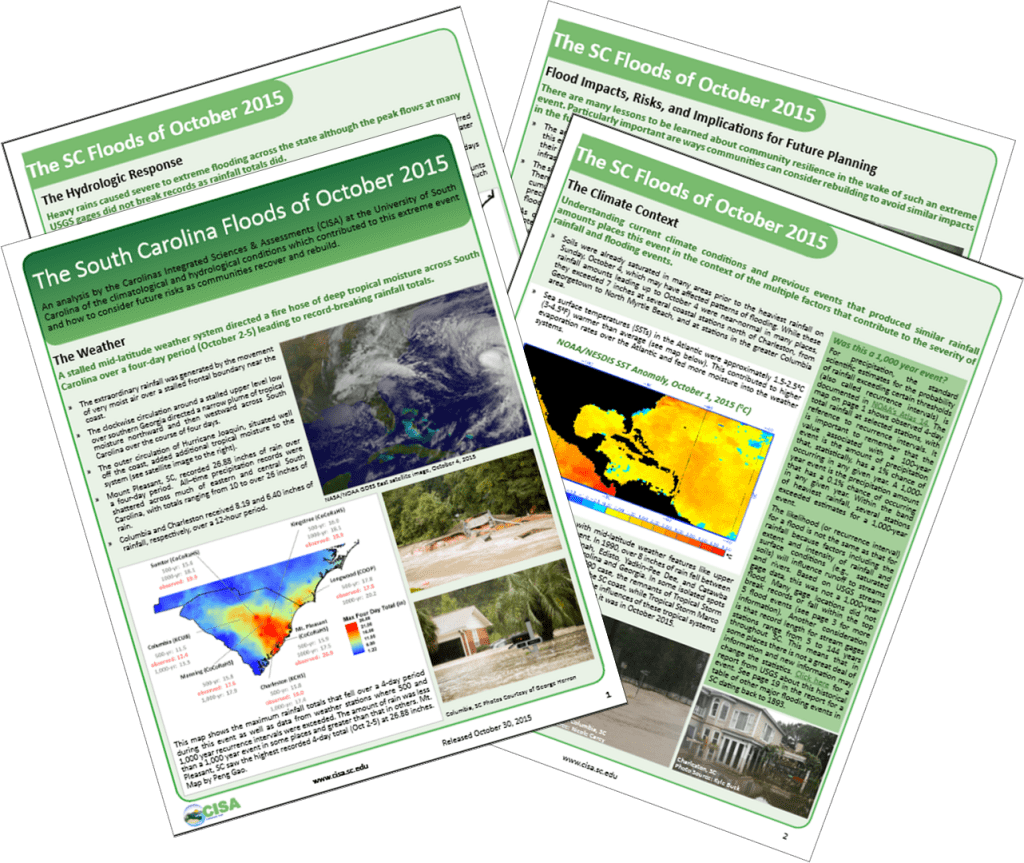Assessing the Global Warming Potential of Human Settlement Expansion
A new study supported by AC4 and published in Science of the Total Environment explores the biophysical implications of future human settlement expansion. Reinmann et al. use EPA’s Integrated Climate and Land Use Scenarios model to project changes in Massachusetts through 2050.
Assessing the Global Warming Potential of Human Settlement Expansion Read More »



